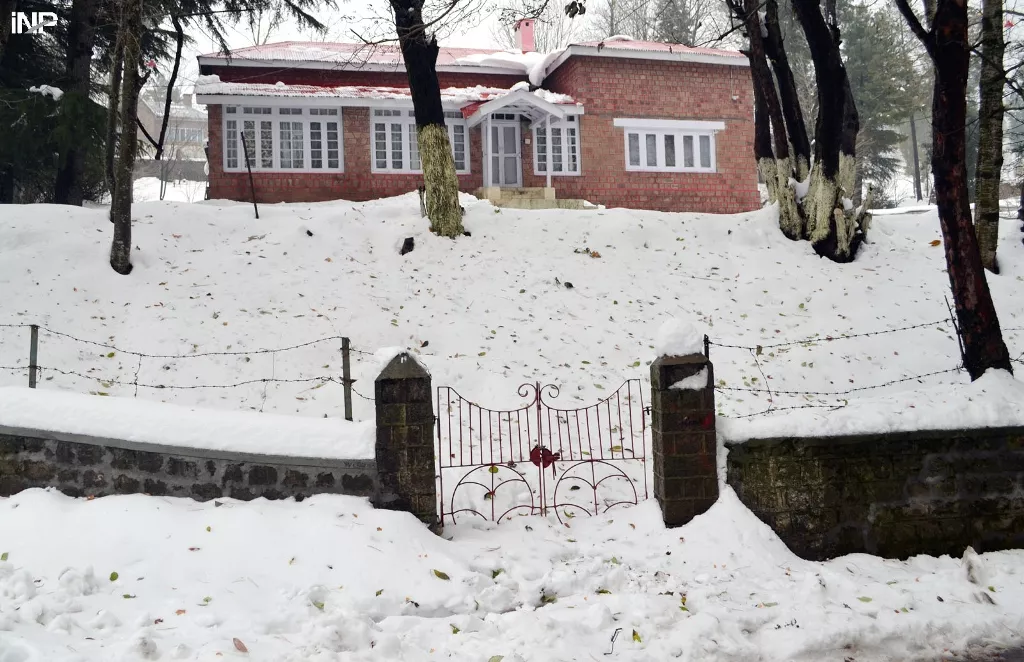No to knowledge
No one — anywhere in the world — should malign people based on their faith, discriminate against them

Last week, the prestigious Institute of Business Administration (IBA) decided to cancel a scheduled seminar of Professor Atif Mian (Princeton University). The title of the now cancelled seminar was “Why has economic growth fallen behind in Pakistan?” There was anticipation about the seminar on a topic that is both relevant for the current economic woes in the country and in desperate need of rigorous analysis — something that Professor Mian is well recognised for. It is important to note here that the seminar was scheduled to be conducted entirely online, Professor Mian was not scheduled to be in Karachi, or meet anyone in person. The news of the cancellation of the event first unfolded on Twitter with the customary “inconvenience is highly regretted”. It was a bit later in the day when Professor Mian himself gave some clues to what happened when he tweeted that the seminar was cancelled because of “threats that the university administration was facing from extremists”.
It was another sad and embarrassing episode, and while Professor Mian carried himself with grace and dignity, the champions of liberal values in the government were completely silent. The episode nonetheless merits reflection about who we are as a people, what kind of institutions do we want to build, and what is our relationship with knowledge. Here, there are three things to ponder over.
First, is IBA so out of touch with the mood on the street, and among its own students? Did they think that given all the extremism and intolerance that envelopes society, they could pull this off? If the answer is that they were naïve then that is a cause for serious concern. If instead they were being bold and cared about knowledge and inquiry (which is high commendable), why did they cave in?
This takes me to my second point. If in fact they were bullied into a decision, through one or series of threats, is it okay for them to not push back? If indeed the administration was threatened, doesn’t the administration have any right to engage law enforcement, as weak as it may be? Can anyone, with a loud speaker and a mob, force an educational institution to not have a Zoom seminar? Where would it end? Don’t people deserve to know who forced their hand? By not outing those who did, are they not emboldening them? Can anyone threaten an institution? Some may call me naïve – and they have a right to do so – but education institutions owe to society to strengthen the rule of law, and as far as I know, no law was being broken here. If someone or a group does threaten an institution with violence, should they be allowed to do so?
Finally – and perhaps most importantly – what is our vision for our universities? Are we interested in having universities where open, frank and robust discussion of ideas can take place? Or instead, is our interest in having only people (even if they were of mediocre calibre or ability) whose personal faith, choices, ethnicities and background fits a narrowly-defined criteria? Does the desire of students and faculty to learn from an expert get superseded by the interest of those who have little interest in knowledge?
The Prime Minister brings up the issue of Islamophobia in his UN speeches and his domestic statements. I am in full support of that. No one — anywhere in the world — should malign people based on their faith, discriminate against them, or treat them with contempt. My only hope is that we recognise that Pakistan is also part of the globe — and what is good for others should also be good for us.
Published in The Express Tribune, October 27th, 2020.
Like Opinion & Editorial on Facebook, follow @ETOpEd on Twitter to receive all updates on all our daily pieces.














COMMENTS
Comments are moderated and generally will be posted if they are on-topic and not abusive.
For more information, please see our Comments FAQ